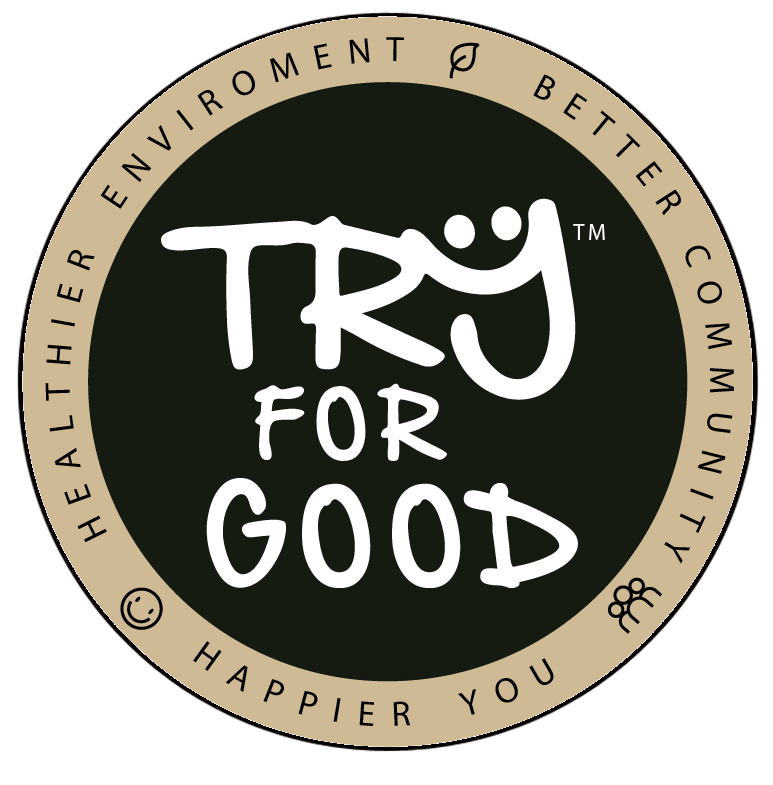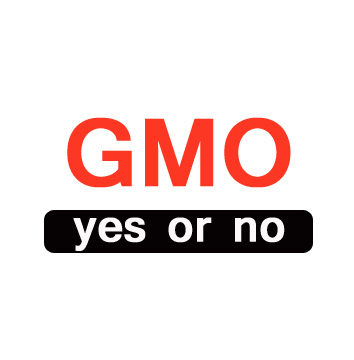Even though the GM products are hitting the shelves in the developed and developing countries, with the rising awareness consumers, want to make an informed decision on what they consume. They demand GMO labeling especially with the known food allergies or the reports that throw light on the new proteins which could be toxic to digestive, immune or reproductive health.
The list of the countries opposing genetic engineering is increasing despite being favored by some scientific communities and the Govt. bodies. GMO has already a market of over 70 % in the US market, wherein Soy makes up its 90%, corn 85% followed by canola. Likewise, cotton, mustard, brinjal are the popular genetically produced crops in India
Current scenario has raised a global debate over GMO labeling to make it mandatory on all GMO products. Around 64 countries have GMO labeling laws except for USA. India has also finally approved GMO labeling on all GMO products, though it was already drafted in the year 2006.
Labeling may enhance burden on manufacturers and they might encourage companies to use non-GMO ingredient so they don’t need to label their products.
Sources
https://honestfoodmadeinvermont.com/2014/10/05/gmo-labeling-advantages-disadvantages-final-words/
https://www.tracegains.com/blog/mandatory-gmo-labeling-pros-and-cons

